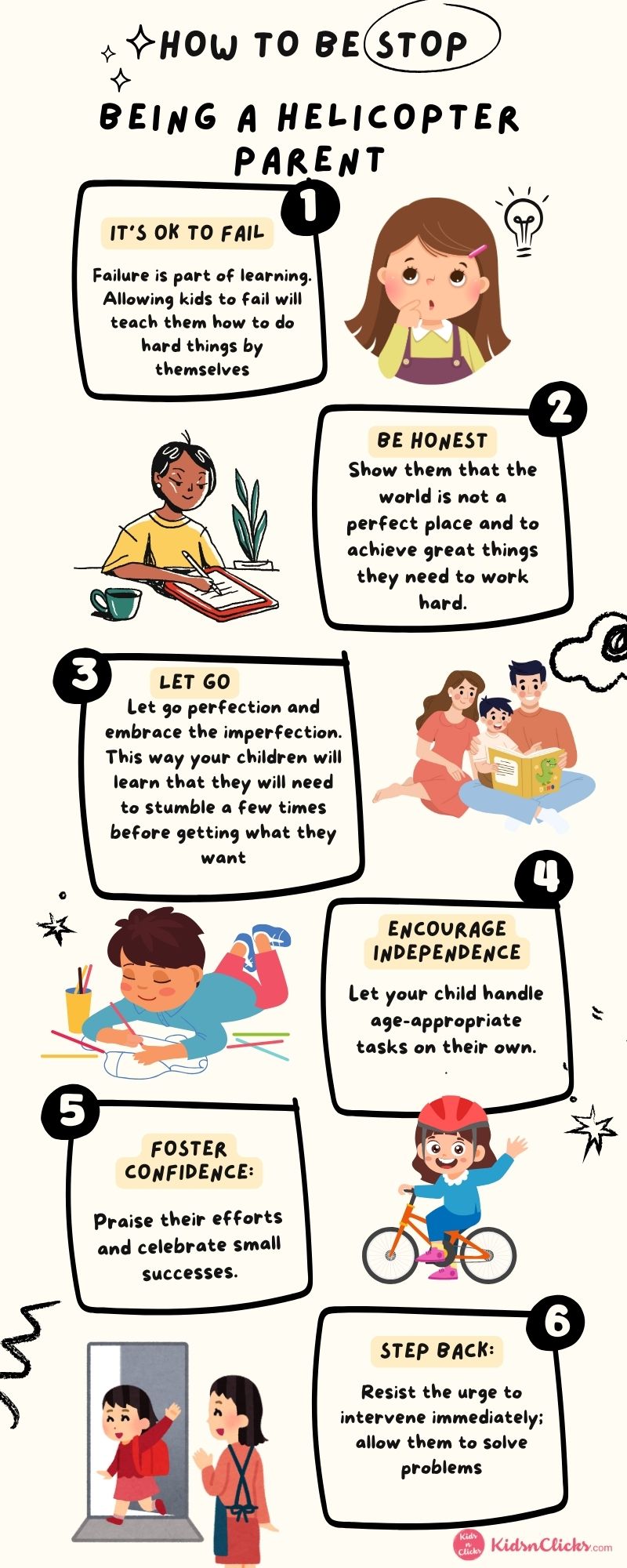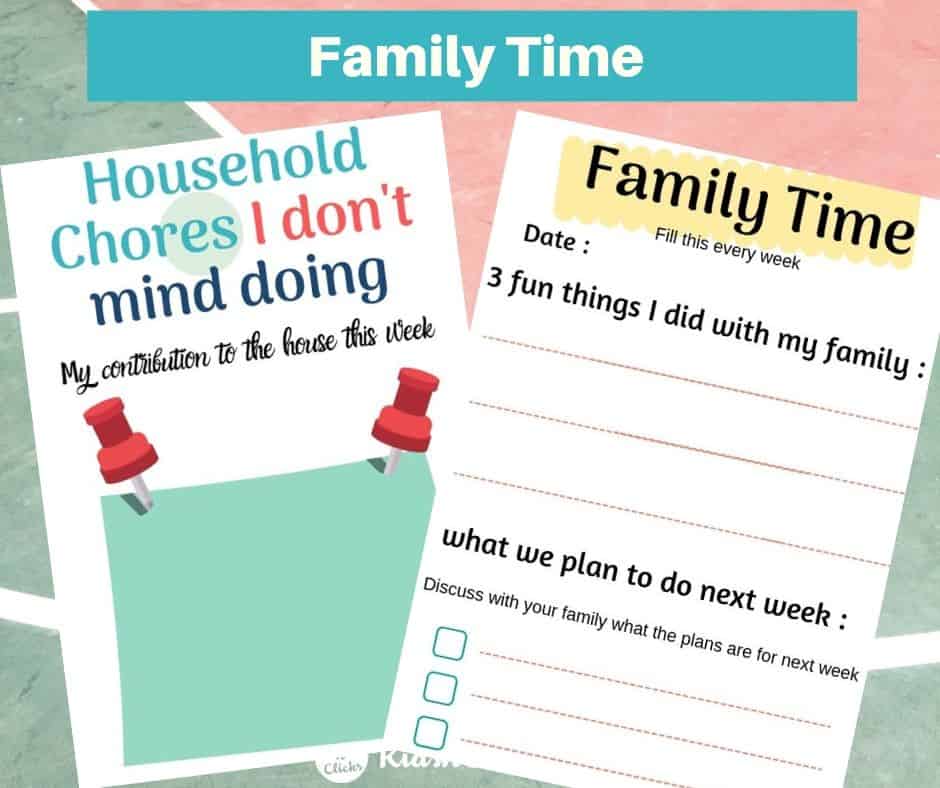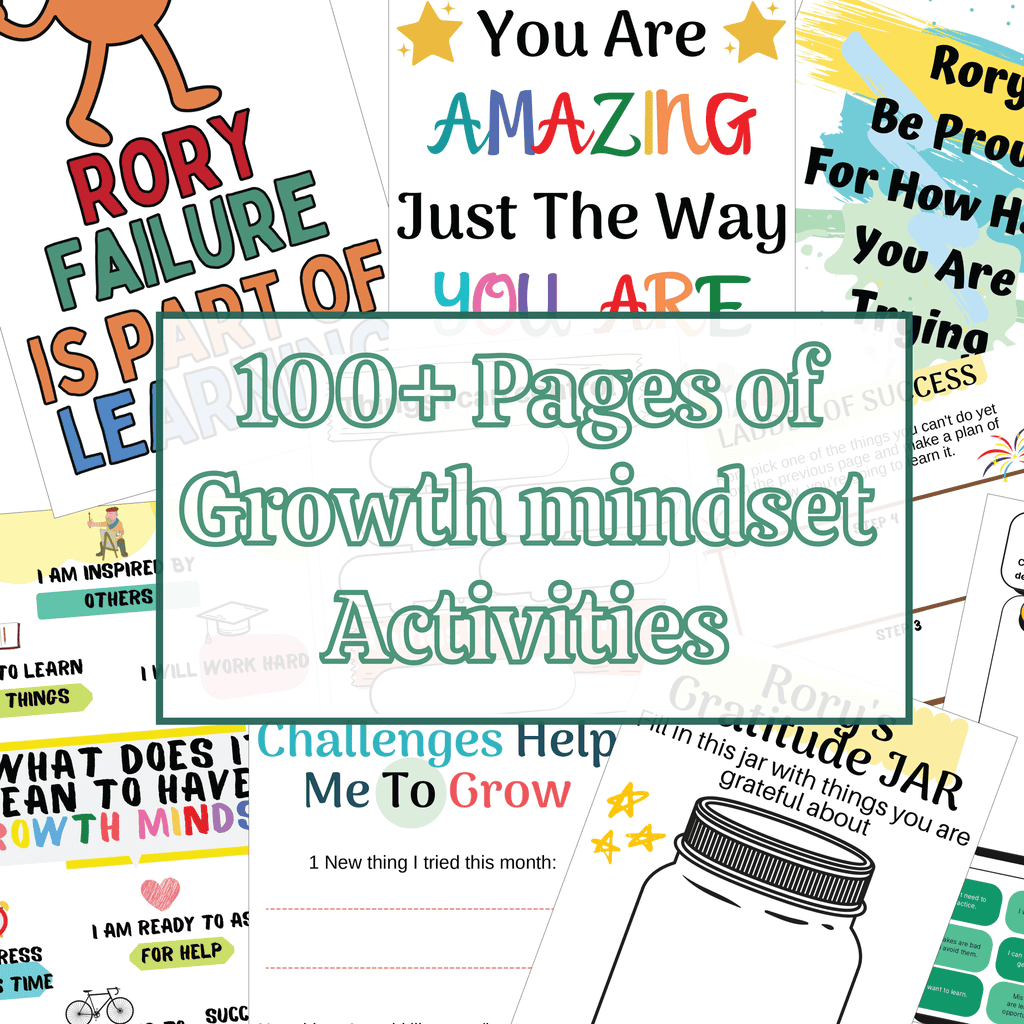The term “helicopter parent” was first introduced in 1989 by Dr. Haim Ginott’s in his book Parents & Teenagers.
It basically means parents who take too much responsibility in their child’s experiences, successes and also failures.
Helicopter parents are also described using other similar terms like “lawnmower parenting,” “cosseting parent,” or “bulldoze parenting.”
Helicopter parents apply to parents of teens or even young kids who believe their children are not capable of doing things on their own.
For instance, parents who always shadow their kids or always directing their behavior.
Characteristics of helicopter parents:
- Overinvolvement in Academic Life:
Helicopter parents are deeply involved in their child’s education, often completing assignments, selecting courses, and micromanaging study schedules.
For instance, they may reach out to teachers directly to argue about grades or ensure their child is placed in advanced classes.
2. Inability to Let Go:
Even as their children grow older, these parents struggle to let them make independent decisions.
For example, they may call college professors or potential employers on behalf of their adult children to handle conflicts or negotiate benefits, preventing them from learning how to self-advocate.
3. Excessive Monitoring of Activities:
They closely monitor their child’s daily activities, including leisure time
For example, they might dictate which hobbies or sports their child can participate in, frequently intervene in conflicts with other kids.
Helicopter parenting examples:
Feeling anxious
Parents may worry about the economic, education and the world, in general, may want to control their child’s life. They do this to protect their kids and protect them from unhappiness and struggles.
Social Pressure
As a parent of a toddler, I tend to feel the pressure of having to overprotect my child just because other parents are doing that.
The pressure from society can make parents feel guilty if they are not as involved as other parents.
Fear of the future
For some parents, they fear their child will not achieve an “acceptable” result. For instance, not making into the football team, or getting certain grades.
This may push parents into overprotecting their child to ensure that their kids will get the results that they have set for them.
2. Be Honest
When our kids our young we always try to show them a perfect world. But as they grow older when need to help them understand that things don’t come easy in life.
To have a nice home, someone needs to tidy it up. To have a good meal, someone needs to cook and clean up after that. To live a comfortable life, they will need to work and earn a living.
Talk about the hard things in life, because this will be part of their life and they will grow up knowing that things don’t magically happen for them.
If you see a homeless person, talk with your kids how hard that person life can be. If you see a construction worker on the road then talk to them how difficult it is working in the scorching hot sun.
Tell the truth and do not sugar-coat life lessons.
3. Prepare them for the future
Have you thought about training your kids to do difficult things that would push them beyond what they think they are capable of?
I remember as a child, my father would always force me to do public speaking. I used to be very anxious and hated him for it when I was younger. But now I realize I got my confidence because of that simple activity.
I thank him for that!
Sometimes its good to push your child. They will start realizing things they never thought they can do. It takes them out of their comfort zone. In today’s world kids need to be adaptable and resilient.
You can start with simple things, for instance through volunteering. Have them to go out and serve their community.
If you want even something simpler then get them to do chores they would never otherwise do at home. For example, folding their own clothes, gardening, cleaning up the kitchen, etc.
These chores with shape their behavior and teach them responsibility.
Download the household chores and family activities worksheet your kids can use. This can be a fun activity for the family and hopefully, you can have a cleaner house 🙂
4. Train your kids
Allowing kids to do difficult things will give you an opportunity to educate them and also respond to the situation.
When my daughter started daycare she was very scared and always cried every time she was sent there. However, I did not let her fear stop her from going to daycare.
Over time she got used too it and now she absolutely loves it.
However, I do understand how difficult it is to be left in an unfamiliar place. I do not minimize her fear as that will not be helpful.
In fact, I reassured her that I will come and pick her up and be there with her at the end of the afternoon.
However, for some kids, they can never overcome their fear and it can even become their reality. Do not tell them to just get over it or ignore their fear.
Take the time to sit down and discuss with your child where their fear is coming from and how you can help them overcome it.
Check out the worksheets below those help kids manage anxiety
5. Finally, follow-through
The hardest part of being a parent is following through with things. Just like discipline, follow-through is key in making things work.
Training kids is hard work. We all love our kids like crazy, and if you are like me you may let them off the hook very easily at times.
But that will not help them in the future. You need to be brave to follow-through everything you set out for them. This will help them to become confident and responsible adults.
Check out the growth mindset kit, packed with 100 pages of activities that will teach your child to have a growth mindset attitude:
Summary : How to stop being a helicopter parent
As a parent, you can love and care for your kids without inhibiting their ability to develop important life skills.
Give them the freedom to make decisions and allow them to fall.
Let them to the tasks that they are mentally and physically capable of doing.
Look for opportunities that allow you to take one step back from making all the decision for your child.
Here is a summary of how you can let your child do hard things themselves :
Step 1 : Allow them to fail and learn from it
Step 2 : Talk to your kids about hard things in life
Step 3 : Prepare them for the future where they will need to be able to push themselves
Step 4 : Train your kids to be able to manage anxiety
Step 5: Follow-through is key in raising a confident child
Was this helpful?
Good job! Please give your positive feedback
How could we improve this post? Please Help us.









